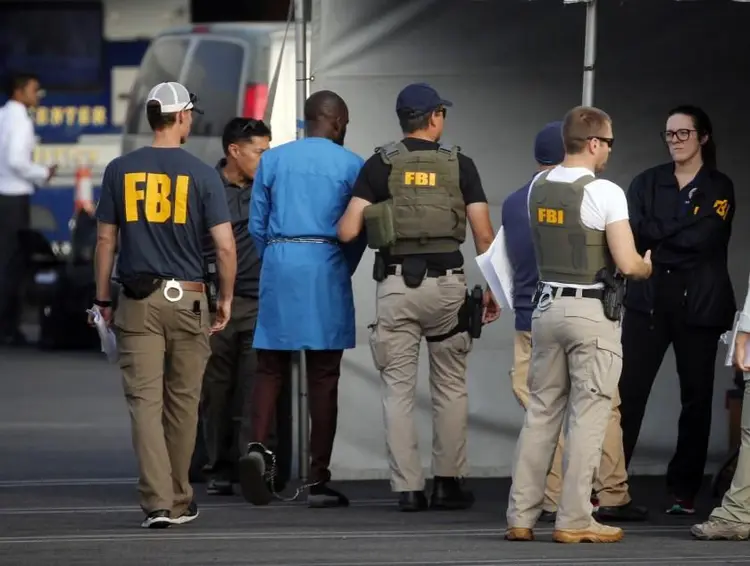The U.S. Department of the Treasury’s Office of Foreign Assets Control (OFAC) has imposed sanctions on 28 individuals and entities, including prominent Kenyan businessmen, as part of a crackdown on a global gold smuggling and money laundering network.


Among the individuals targeted is Kamlesh Pattni, a controversial figure linked to Kenya’s 1990s Goldenberg scandal.
The Sanctions Explained
The sanctions, enacted under Executive Order 13818, freeze all U.S.-linked assets of the designated individuals and entities. Additionally, any financial transactions involving these individuals or their properties within U.S. jurisdiction are prohibited. Foreign financial institutions that facilitate significant dealings with the sanctioned parties may also face repercussions.
Key Individuals Sanctioned
The list of those sanctioned includes:
- Kamlesh Mansukhlal Damji Pattni (Kenyan and UK citizen)
- Mishaal Hitesh Pattni (Kenyan)
- Mukesh Mansukhlal Vaya (Kenyan)
- Sanjay Keshavji Vaya (Kenyan)
- Raj Vaya Sanjay (Kenyan)
- Rahul Sood (Indian)
- Swetang Sinha (Indian)
- David Paul Crosby (UK citizen)
- Dmytro Abakumov (Ukrainian)
- Abdulqader Hasan Yahya Al-Murtadha (Yemeni with multiple aliases)
Kamlesh Pattni and the Corruption Network
Pattni, once infamous for orchestrating the Goldenberg scandal in Kenya, has expanded his operations across borders, particularly in Zimbabwe. Reports indicate he exploited governance loopholes, cultivated relationships with influential officials, and established a network of companies to launder illicit proceeds.
Major Entities Involved:
- Sun Multinational DMCC (UAE)
- Fiza Gold and Bullion Trading L.L.C
- Golden Luxury Jewellery Trading L.L.C
- Rubini Investment Group Limited (British Virgin Islands)
- Samaria Holdings Limited (UAE)
- Manurama Limited (Kenya)
Pattni’s operations reportedly deprived Zimbabweans of the benefits of their natural resources, funneling wealth into the hands of corrupt officials and criminal networks.
Global Coordination to Counter Corruption
The sanctions were implemented on December 9, in collaboration with international allies, including the UK, which also designated Pattni and several associates. These actions are part of a broader U.S. Strategy on Countering Corruption, launched in 2021 to combat global corruption through international cooperation.
Bradley T. Smith, Acting Under Secretary for Terrorism and Financial Intelligence, highlighted the significance of the move:
“When corrupt actors like Pattni exploit governance loopholes, they undermine communities and erode public trust. Corruption transcends borders, and its consequences are felt globally. These sanctions reaffirm our commitment to holding such individuals accountable.”
Implications of the Sanctions
The sanctions aim to promote transparency and accountability by disrupting financial networks that enable corruption. While punitive, the U.S. Treasury has encouraged those designated to seek removal from the sanctions list by demonstrating a change in behavior.
This action is the latest in a series of global efforts to combat corruption. In 2024 alone, the Treasury has sanctioned over 100 individuals and entities worldwide, reflecting a heightened commitment to safeguarding financial systems and promoting fairness.























